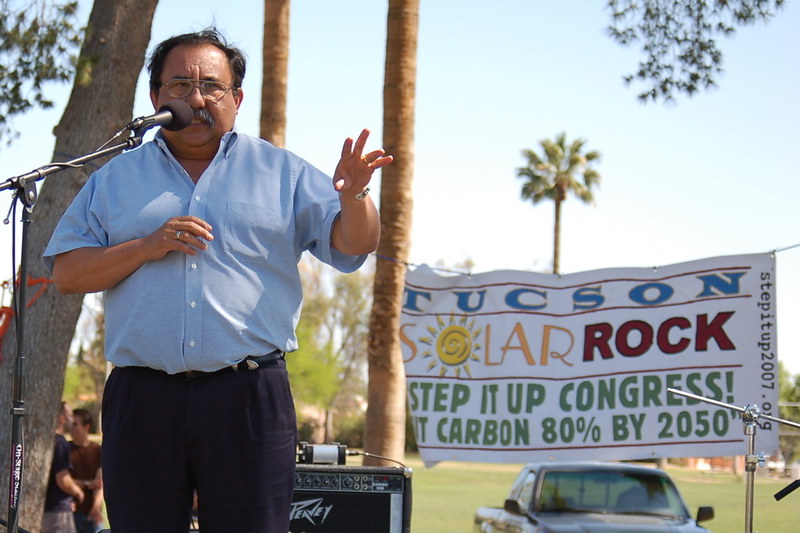More UA Fulbright scholarship recipients are traveling the world this semester than ever before.
The Fulbright scholarship is a federally-funded award given to graduate students or recent bachelor’s degree recipients to travel abroad to the location of their choice and engage in a foreign community through a secure affiliation. More than 140 countries host Fulbright students though various projects and jobs, including teaching and research opportunities.
The UA Office of Nationally Competitive Scholarships saw its highest amount of student participation with 60 applications last year. Sixteen of these applicants were awarded scholarships by the Fulbright selection committee, which is the highest number of UA students to ever receive the scholarship in one school year, according to Karna Walter, director of the Office of Nationally Competitive Scholarships.
“We had more applicants than ever this past year,” she said. “I think the students worked really hard to refine their applications and we have a process of faculty interviewing and mentoring to help students create the best possible application for students to submit.”
Frank Cernik, a recent UA graduate in English and creative writing, is one of the students who was awarded a Fulbright scholarship in the form of a grant. He is living in South Korea teaching English to children.
Cernik said he was inspired to apply for a Fulbright after becoming interested in Korean culture through its cinema.
“I applied in October, heard that I’d made the first cut in January, found out I’d gotten the grant in April, and left in July,” Cernik said. “This grant is a culmination of a lot of previously disparate things for me, and it’s changing the direction I thought my life was going.”
Cernik said receiving the Fulbright scholarship has provided him with the opportunity to be engaged in a place he wanted to go to and is now spending his time traveling around the country and educating others.
“Since being here (in Korea) I’ve gotten lost in a number of places, and there is absolutely no better way to get to know a place,” Cernik said. “Grab a bike, hop on a bus, stick out your thumb, whatever, just go somewhere you don’t expect and see what you can figure. And teaching is an excellent experience. I love all of my kids, and no matter what my night is like, I can always expect to walk into my class and smile again.”
Aubri Carman, a biology senior, is one of 55 students who are applying this year for a Fulbright scholarship. If she receives the award, Carman will travel to Zimbabwe to work with Grassroots Soccer, an organization that uses the sport to facilitate HIV education.
“I like traveling and I had heard you could pick where you wanted to go and draw up a proposal of what you wanted to do,” Carman said. “That was super exciting to me as a way to go to some country that I really wanted to get to, I don’t anticipate ever having a chance to live in Africa again.”
Carman said if she receives the scholarship, she will defer her plans to go to medical school for a year while she is in Africa. The decision is one all winners of the scholarship had to make when planning what to do after gradation or with their graduate studies.
“Applying for the Fulbright scholarship has made me realize I want something more than then a clinical practice.” Carman said. “I want an experience before I go to medical school and before I commit myself to at least eight more years of school and training.”
Though the application process for this year is coming to an end, Walter recommends students interested in the scholarship to begin planning now for the next year.
“Start thinking ahead to where you might like to go and what kind of project you might like to do.” Walter said. “And if you start thinking along those lines we can help with the parliamentary steps so you will be ready to apply next fall.”







